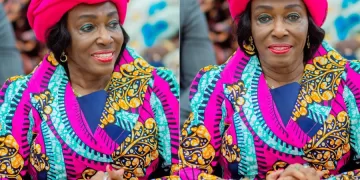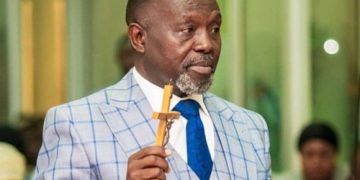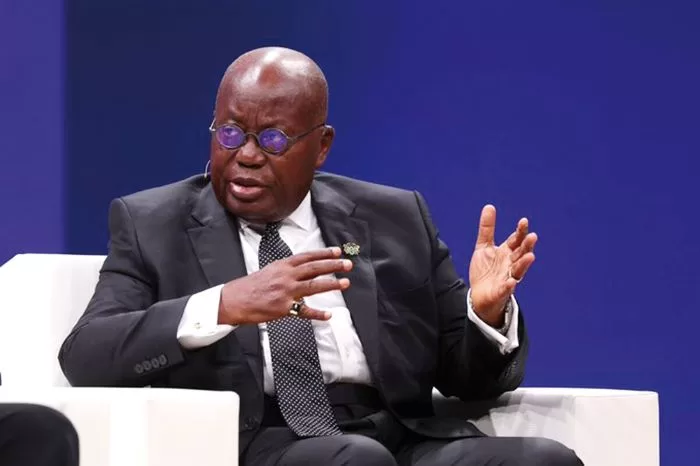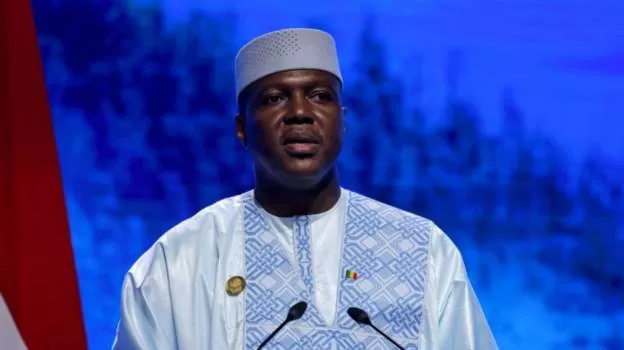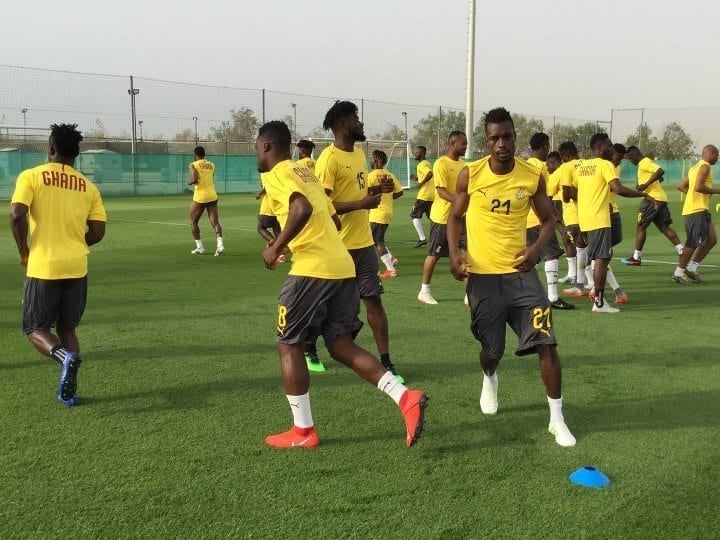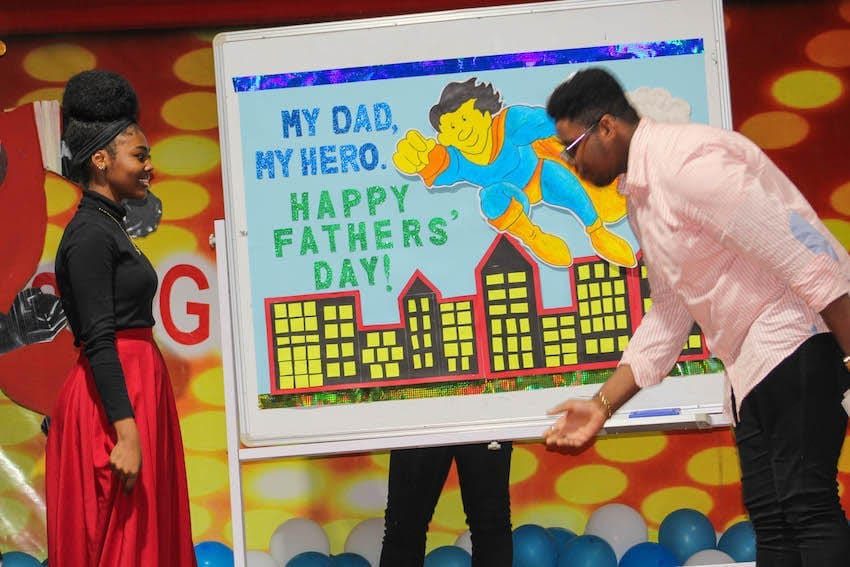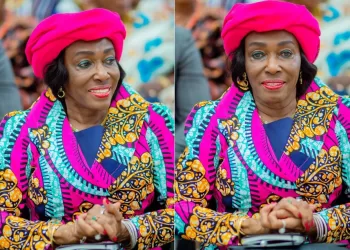Dogon villages often follow a traditional way of life photo: Getty images[/caption]
Nearly 100 people have been killed in an attack in a village in central Mali inhabited by the Dogon ethnic group, officials say.
The attack happened in Sobame Da, near Sanga town in the Mopti region. The search for bodies is ongoing, but officials say 95 people have been found dead, with many of the bodies burned. There have been numerous attacks in Mali in recent months, some ethnically driven, some carried out by jihadist groups. Clashes between Dogon hunters and semi-nomadic Fulani herders are frequent. Mali’s government said “suspected terrorists” had attacked the village at around 03:00 local time. At least 19 people were still missing, it said. But the mayor of nearby Bankass, Moulaye Guindo, told Reuters news agency that Fulanis from that district had attacked Sobane-Kou after nightfall. “About 50 heavily armed men arrived on motorbikes and pickups,” a survivor who called himself Amadou Togo told the AFP agency. “They first surrounded the village and then attacked – anyone who tried to escape was killed.” “No-one was spared – women, children, elderly people,” he added. No group has officially said it was responsible for the attack. “Right now we have 95 dead civilians. The bodies are burned, we are continuing to look for others,” a local official told AFP.What is the Dogon-Fulani conflict?
The Dogon people have lived in central Mali for centuries, and live a largely traditional way of life as settled farmers. Many Fulani, on the other hand, are semi-nomadic herders who move across large distances in West Africa.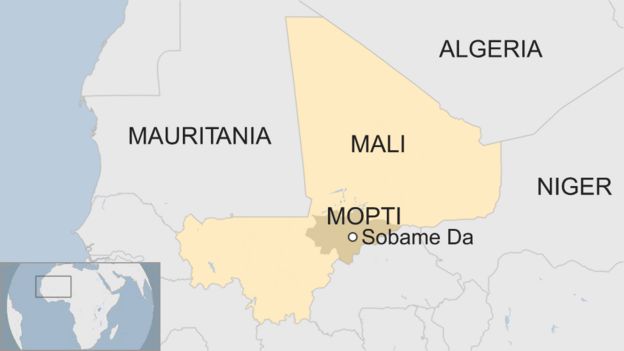

Analysis: A crisis getting worse
By Louise Dewast, West Africa correspondent There is a growing view in Mali that the (mostly military) response to this multi-faceted crisis is ineffective and even counter-productive. Despite having a large UN peacekeeping mission and French forces deployed since 2013, insecurity has worsened in some parts of the country. According to the International Crisis Group, there were four times more attacks in May 2019 compared to May 2016. In their latest report on the country, the group urges the government to engage in dialogue with militants to negotiate local ceasefires and facilitate humanitarian access to civilians in need. After another massacre of Fulanis in March, senior officials were sacked, people took to the streets – and the entire government resigned in April.
Is this attack unusual?
The attack on Sobame Da has killed about a third of its inhabitants. In the same region in March, more than 130 Fulani villagers were killed by armed men wearing traditional Dogon hunters’ clothing.
[caption id="" align="alignnone" width="720"]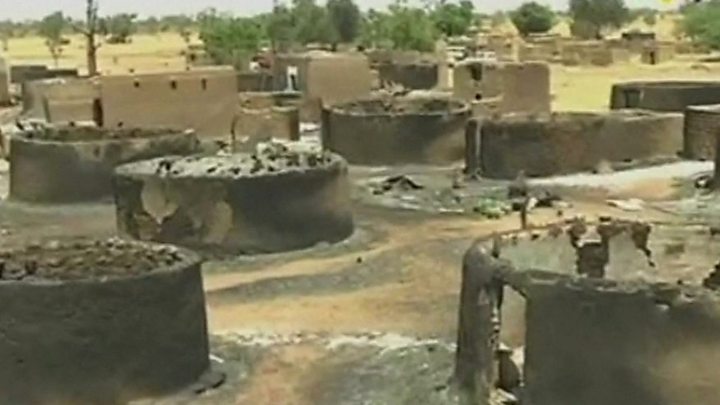 In March, more than 130 people were killed in an attack on the villages of Ogossagou and Welingara[/caption]
In March, more than 130 people were killed in an attack on the villages of Ogossagou and Welingara[/caption]
 In March, more than 130 people were killed in an attack on the villages of Ogossagou and Welingara[/caption]
In March, more than 130 people were killed in an attack on the villages of Ogossagou and Welingara[/caption]



